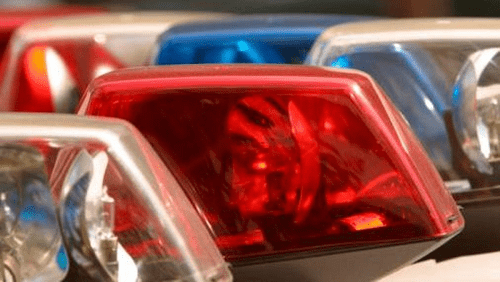
10.1.20 – Macon Atkinson – Greenville News – Greenville, SC
Last year, false alarm calls cost Greenville taxpayers nearly $58,000 and more than 2,000 staff hours while diverting police officers and fire crews away from their core mission, according to information presented to the city council earlier this week.
Of the thousands of calls from alarm companies that 911 receives annually, 98-99% are false, said Fran Moore, communications administrator. The Greenville News is requesting more specific information under the state’s Freedom of Information Act about the nature of those calls.
“What this equates to is a significant loss of opportunity for our officers to be out on the street patrolling and inside the neighborhoods, and it also impacts our fire personnel because they’re not able to answer true emergencies,” Moore told city council in a work session Monday. https://tpc.googlesyndication.com/safeframe/1-0-37/html/container.html
The biggest offenders are businesses, Moore said. The city charges fees for more than three false calls, starting at $50. But the fees can rack up quickly, and for businesses facing a hefty alarm repair bill, this creates a Catch-22.
“This is creating a challenge for some of our businesses to say ‘OK, am I going to pay for the false alarm fees or pay to get the alarm fixed, benefiting the alarm company?'” Moore said.
Thousands of false alarms in 2019
Now, the city is weighing new ways to solve the problem, including increasing responsibility for alarm companies and passing a new ordinance next year.
The Greenville Police Department received over 3,000 false alarm calls in 2019. At the Greenville Fire Department, false calls have increased steadily over previous years — up to 1,508 in 2019, according to data shared with the council.
The rise comes in spite of the city’s efforts to reduce false calls. In November 2019, general and burglar alarms without audio and visual indicators were downgraded to a lower priority emergency response. An alarm coordinator contacted top offenders to discuss cutting down false calls.
But there are challenges. There are almost 10,000 known alarm locations in the city, and of those, about 4,000 are commercial properties.
There’s a lot of ground to cover: as of September 14, there were 9,866 alarmed locations within the city, including 6,293 residential and 3,868 commercial.
Moore said alarm companies do not update their customer lists and in some cases, repairs and upgrades to residential alarm systems, in particular, are left to the owners.
In addition, two-call verification used to confirm the validity of an alarm has not reduced call volumes, Moore said.
“These are for-profit companies expecting public safety to do the boots on the ground work and identifying whether there’s truly a problem there or not,” Moore said Monday. “The burden of this is resting on our taxpayers to research and investigate these locations and see if there’s a problem.”
Next steps
The city is considering passing a new ordinance to address the problem, next year. The current ordinance from 2018 focuses on the alarm user, who must register their system and is fined directly for violations. While the city requires alarm companies to tell users about the ordinance, companies aren’t fined for repeated false activations.
That could change. The city will meet with representatives from the Security Industry Alarm Coalition to discuss a new ordinance proposal that would increase alarm companies’ responsibility for their equipment, establish true alarm verification and ensure users are all registered with the city. And the city may consolidate police and fire false alarm billing into a central process.
SIAC spokesman David Margulies said what the city wants to do is beyond what most other cities are doing.
In a statement Wednesday, Margulies said: “The Security Industry Alarm Coalition looks forward to working with city officials to fully implement best practices in alarm management. The changes outlined in the briefing do not reflect best practices and place a considerable cost and safety burden on citizens who depend on alarms to protect businesses, homes, schools and places of worship. There are much better options to protect the public and conserve public safety resources that have proven to be effective throughout the United States.”
“We’re just trying to find a better way to tailor our officers’ response to allow them to be in our communities and in our neighborhoods, doing proactive engagement with the public,” Moore told The News on Tuesday.
Communications administrators will start discussions between the police and fire departments and revenue and legal departments; meet with representatives from SIAC to discuss the new proposal, and meet with alarm company representatives to discuss a new management process, Moore told city council.
Macon Atkinson is the Greenville city watchdog reporter. Email her at matkinson@greenvillenews.com and follow her on Twitter @maconatkinson.
